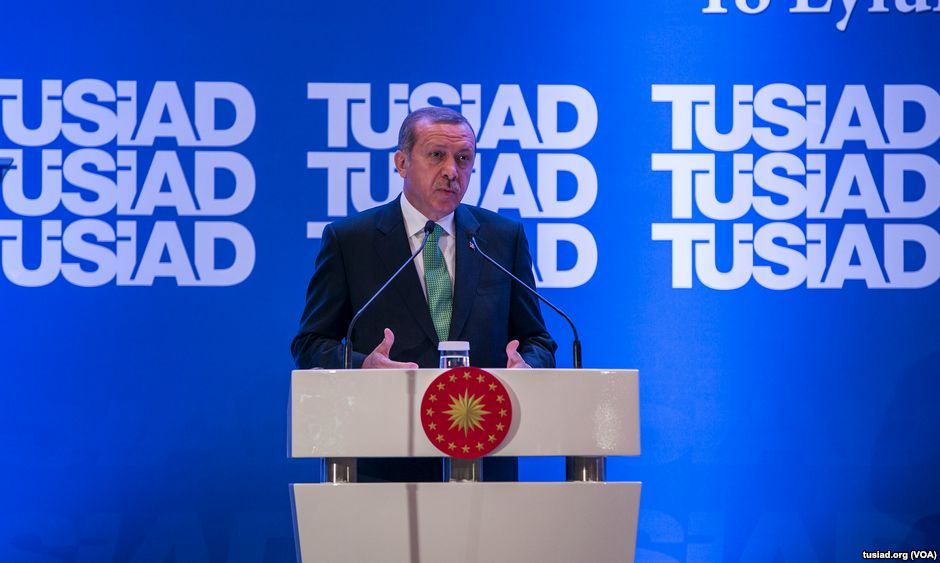In Europe, recent environmental policies signal a significant shift in the aviation industry, potentially marking the end of an era for budget air travel within the EU. However, while these measures aim to curb carbon emissions and align with climate goals, they also raise questions about fairness and inclusivity. Let’s delve deeper into the implications of these policies, the disparities they reveal, and the ongoing debate surrounding private jet usage.
Rising Costs and Diminished Demand
The European Commission’s data underscores a notable increase in intra-EU airfares post-COVID-19, attributed to factors such as surging consumer demand, escalating fuel prices, and disruptions in supply chains. Moreover, reforms in the EU Emissions Trading System (ETS) and proposed changes in the Energy Taxation Directive (ETD) are poised to further escalate operational costs for airlines. As a result, forecasts suggest a significant reduction in intra-EU air traffic by 2030 and beyond, potentially limiting travel opportunities for low- and middle-income individuals who rely on budget flights.
Disparities in Climate Accountability
While commercial airlines face mounting pressure to reduce their carbon footprint and comply with stringent environmental regulations, the private aviation sector remains largely unregulated. Private jets, known for emitting significantly more CO2 per passenger compared to commercial flights, continue to operate without facing the same level of scrutiny. This discrepancy highlights a fundamental imbalance in climate accountability, where affluent travelers enjoy luxury emissions while others face restrictions on their mobility.
Several EU countries, including Austria, the Netherlands, and France, have called for stricter regulations targeting private jet usage. Proposals range from bans on certain flights to increased taxation on luxury aviation. However, the European Commission’s current approach favors a holistic regulation of the aviation industry, leaving a regulatory gap that some nations seek to address through national measures. Nonetheless, the debate persists on the most effective means of achieving fairness and inclusivity in climate policy.
Achieving climate justice necessitates inclusive measures that hold all segments of society accountable for their carbon emissions. Closing the regulatory loophole that allows private aviation to evade scrutiny is crucial for realizing ambitious climate action that involves everyone, regardless of socioeconomic status. Moreover, efforts to promote alternative modes of transportation, such as high-speed trains, can further mitigate the environmental impact of air travel while ensuring accessibility for all.
As Europe navigates its climate transition, policymakers face the challenge of balancing environmental objectives with considerations of fairness and inclusivity. While measures to curb carbon emissions from commercial flights are commendable, addressing disparities in the treatment of private jet usage is equally imperative. By closing regulatory gaps and promoting equitable solutions, Europe can pave the way for a sustainable aviation industry that prioritizes both environmental stewardship and social justice.
This comprehensive overview underscores the complexities of Europe’s climate transition and the need for holistic approaches to address its multifaceted challenges. As the debate continues, the principles of fairness and inclusivity must remain central to the formulation of climate policies that affect us all.




